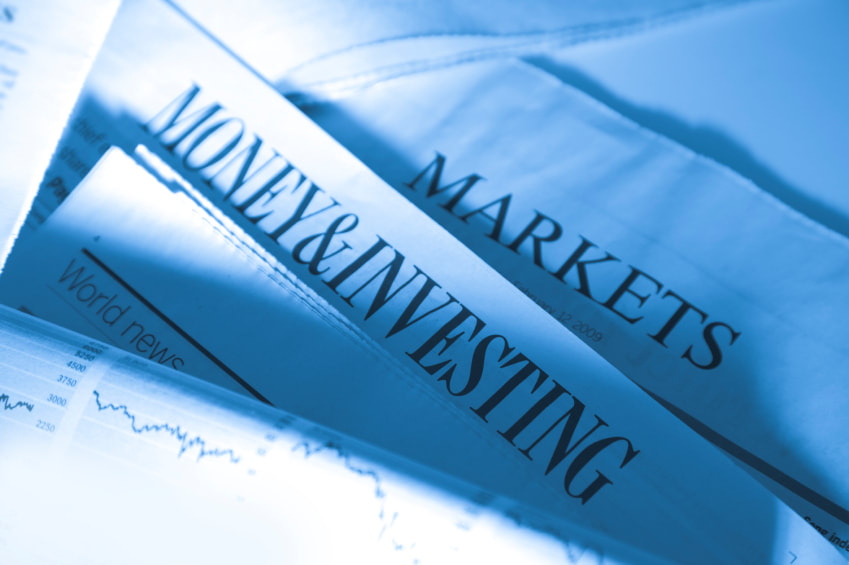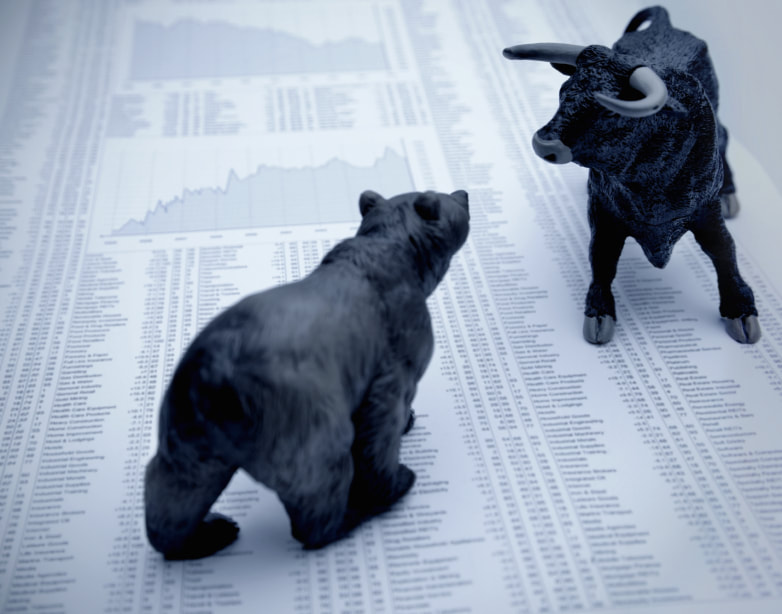AP Advisers Blog
Financial investments bear risk and their values may fall as well as rise. Past performance is no guarantee to future returns and you may not get back the amount you invested. If you seek to invest in risk-based assets, you should adopt a long-term horizon of 5-10 years or more.




